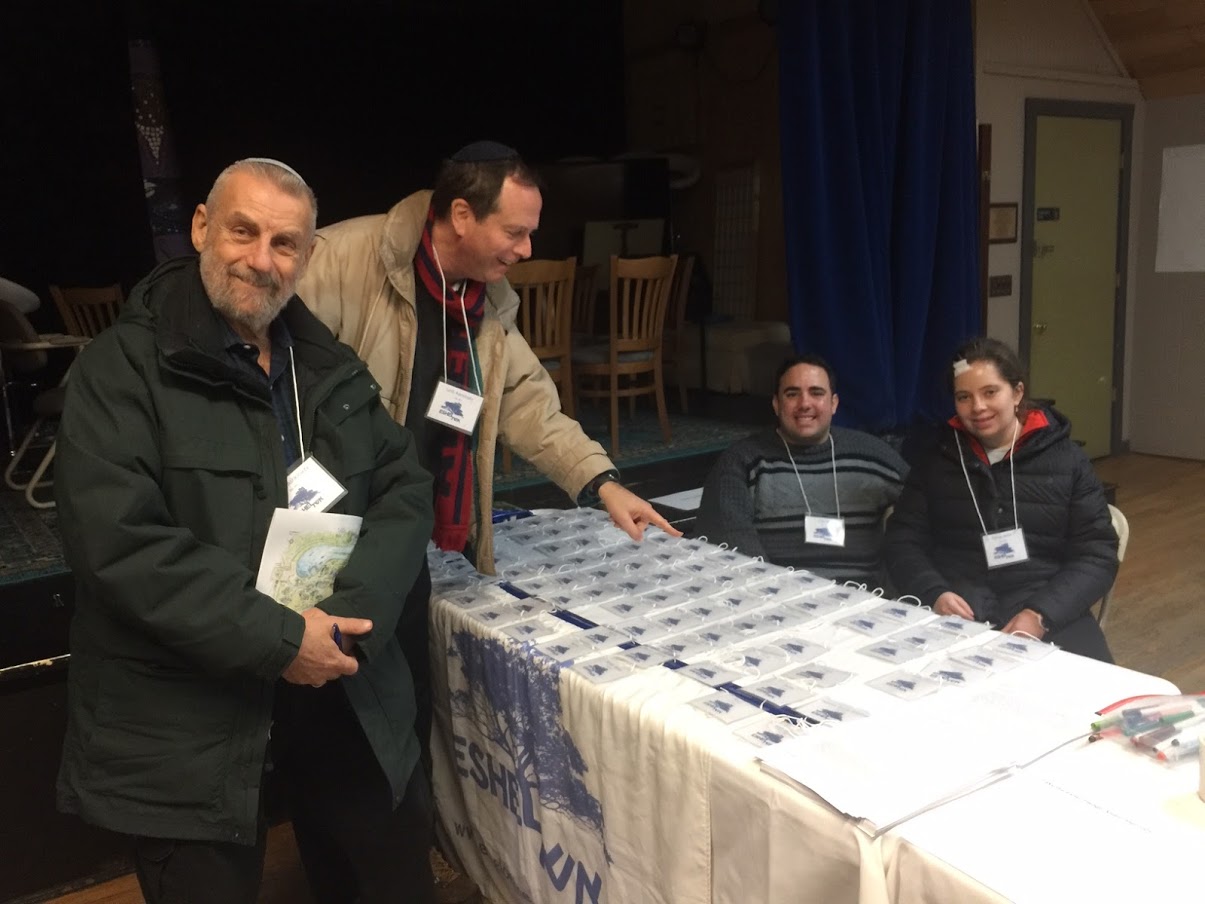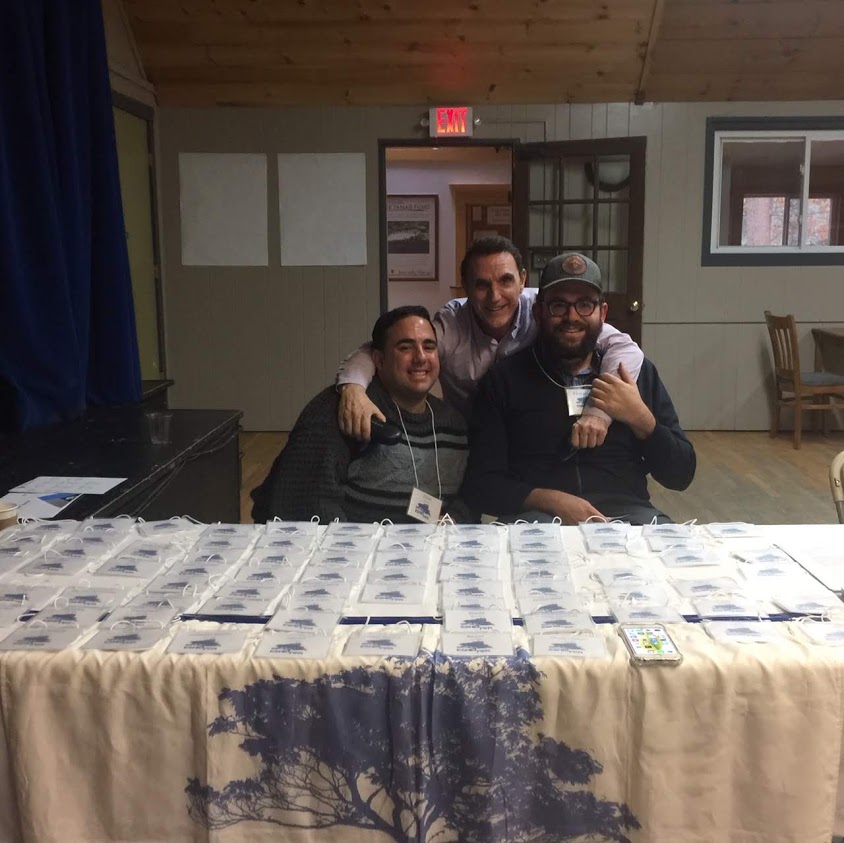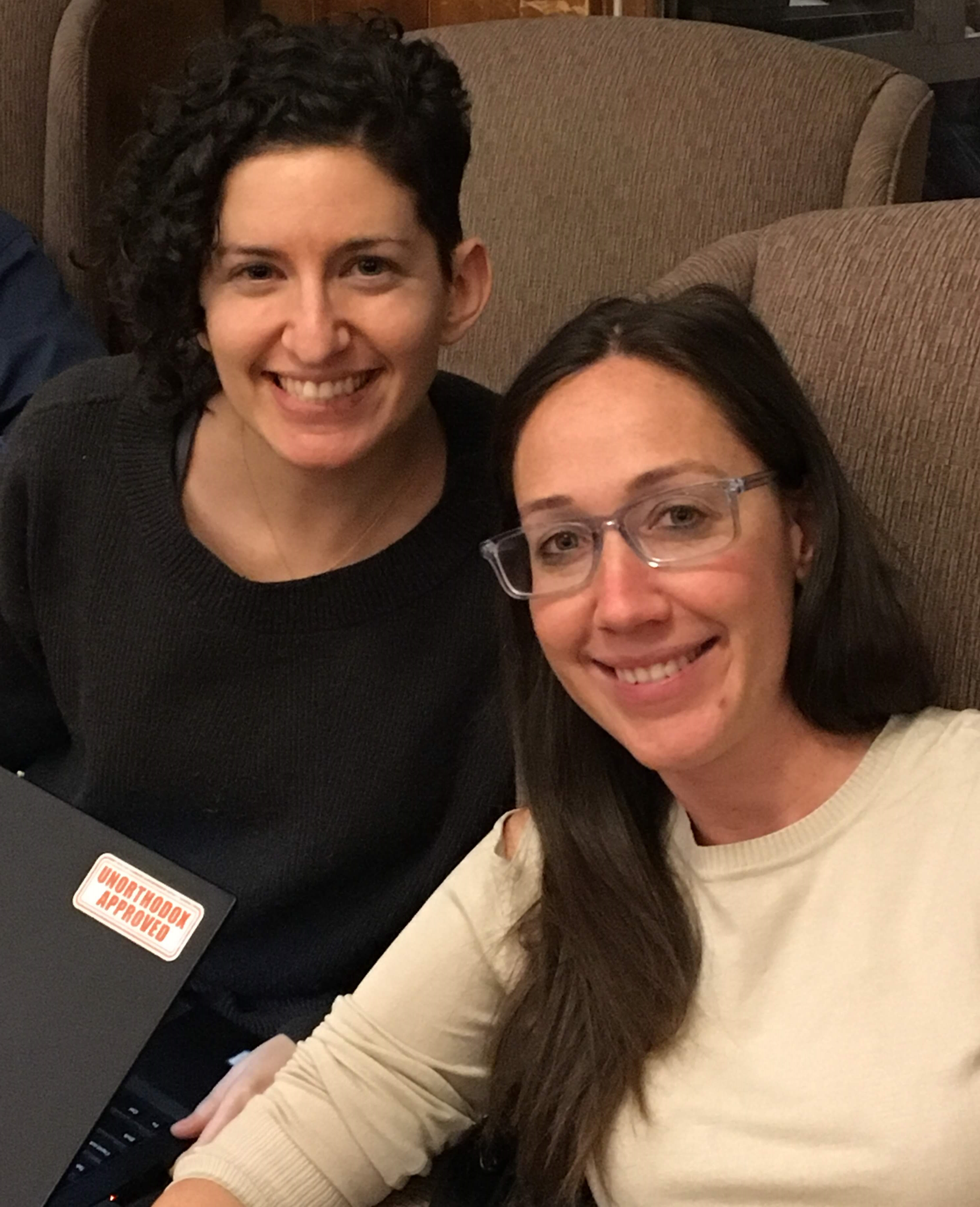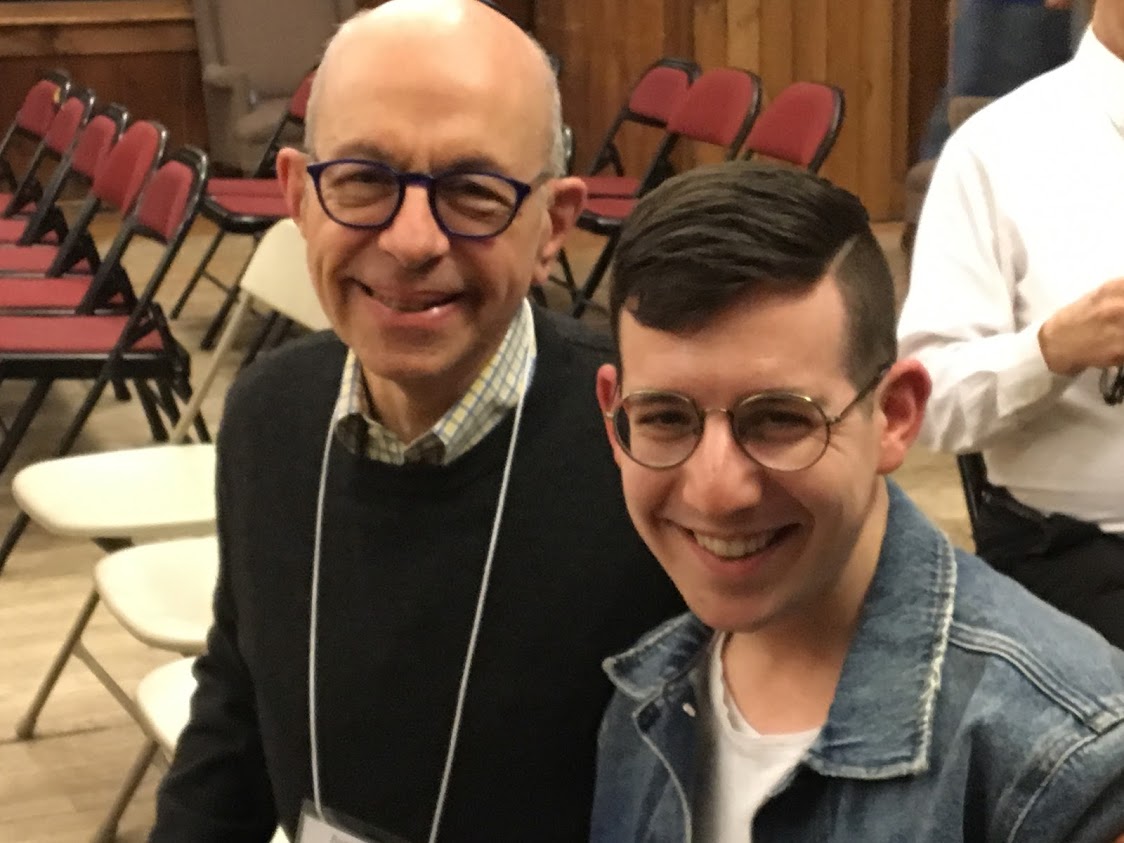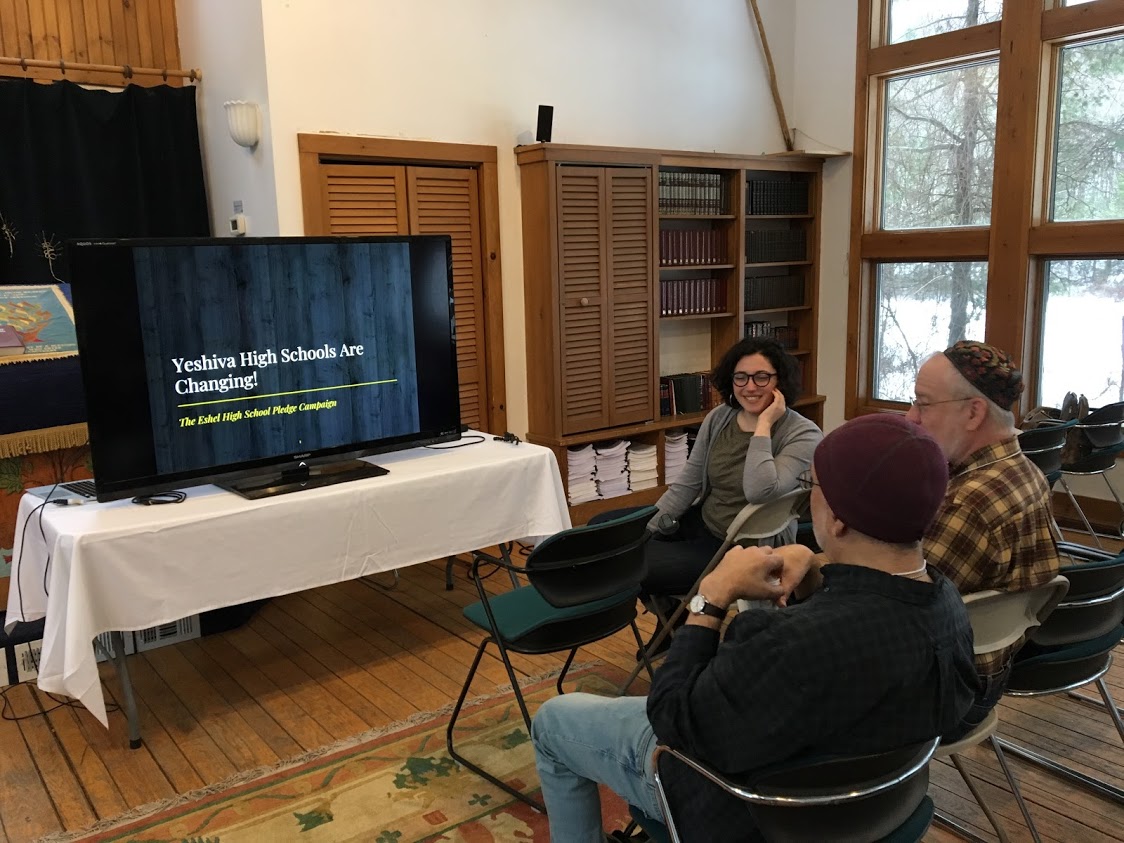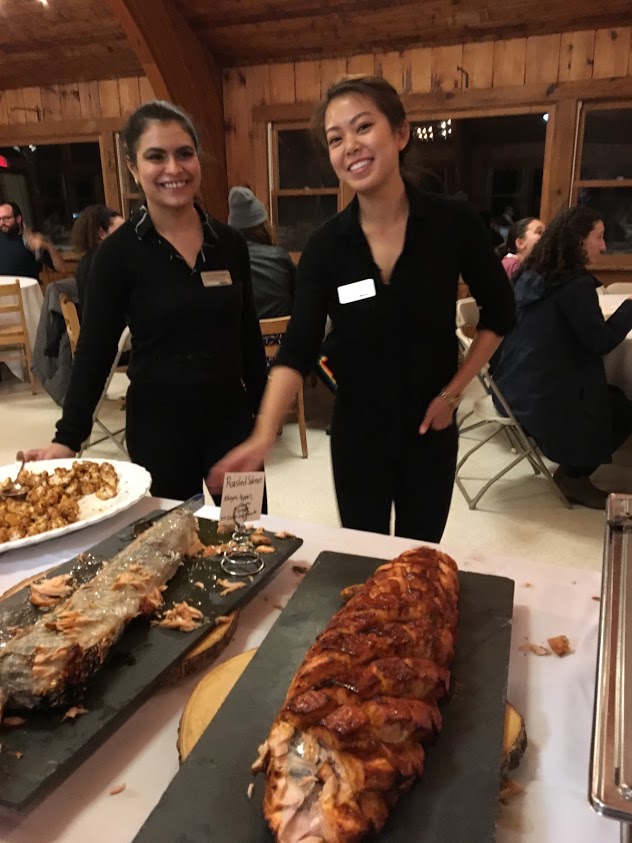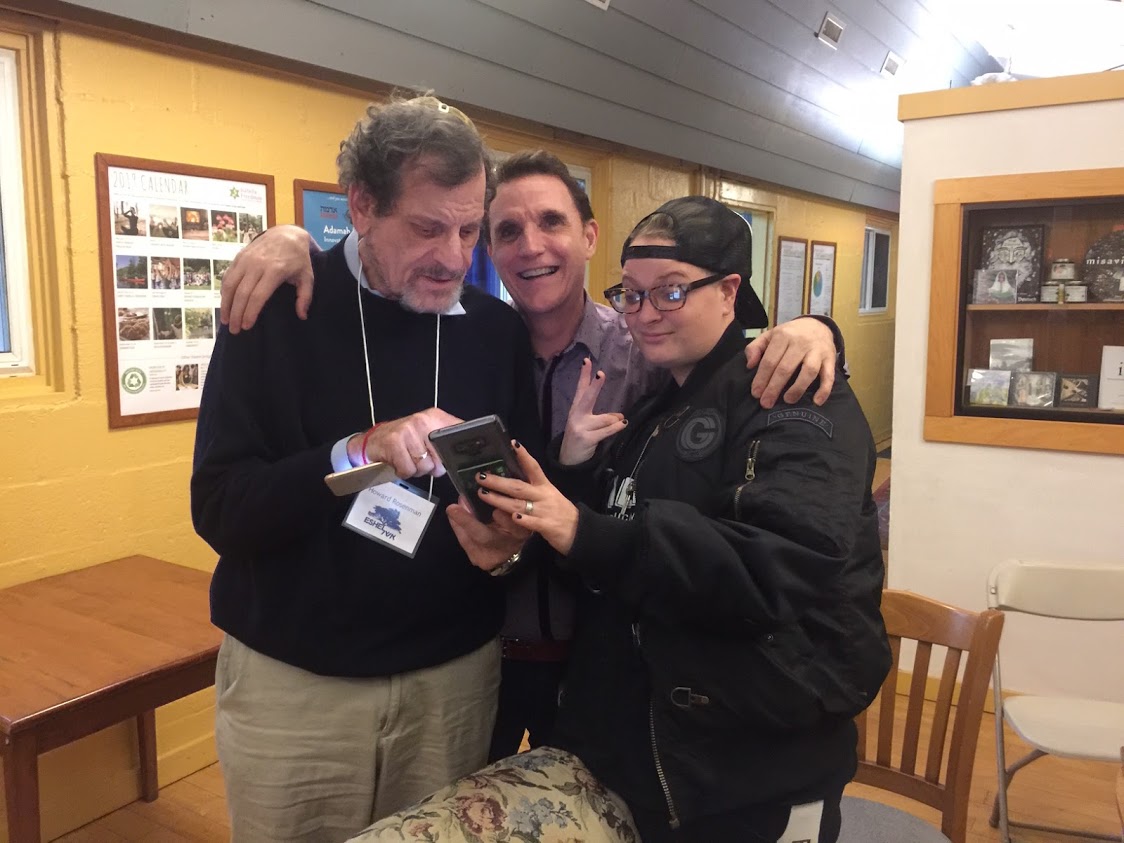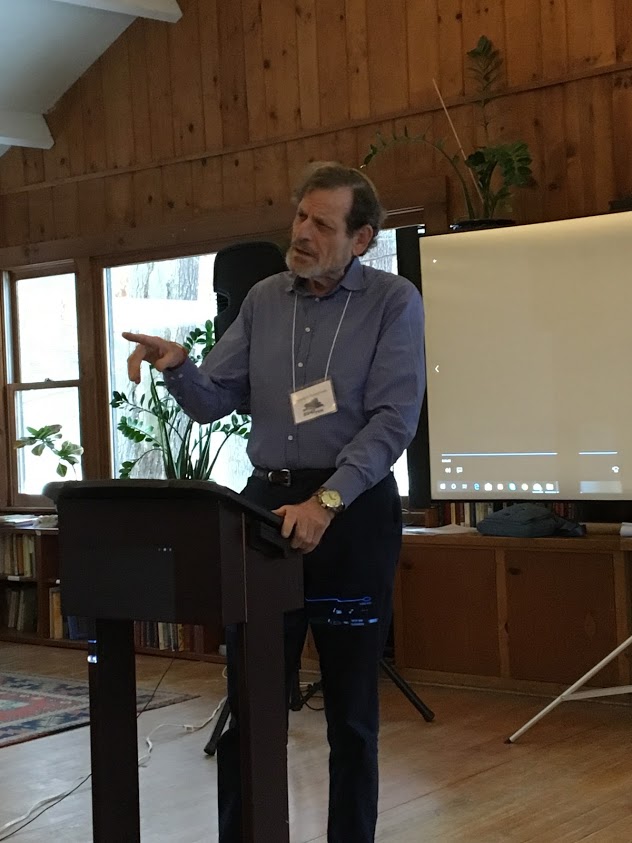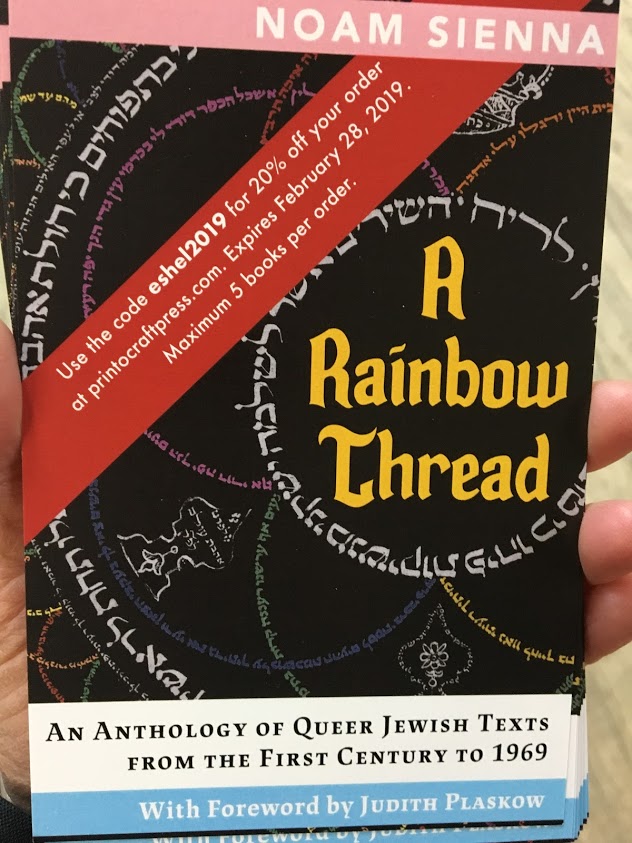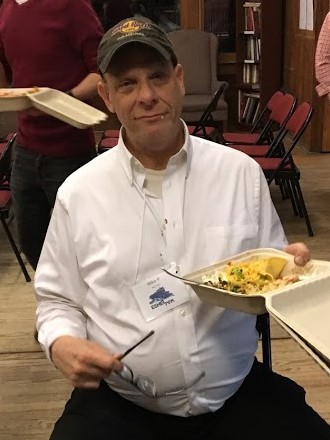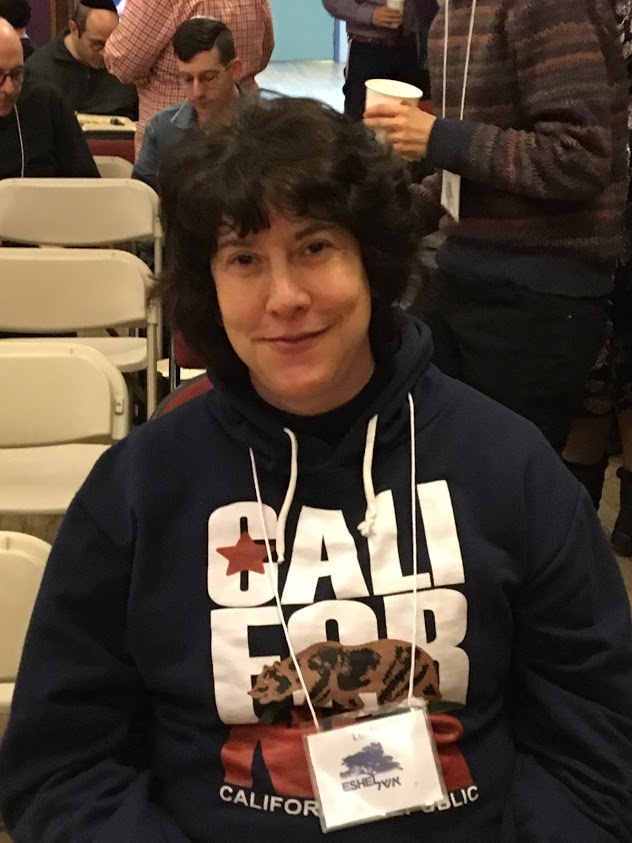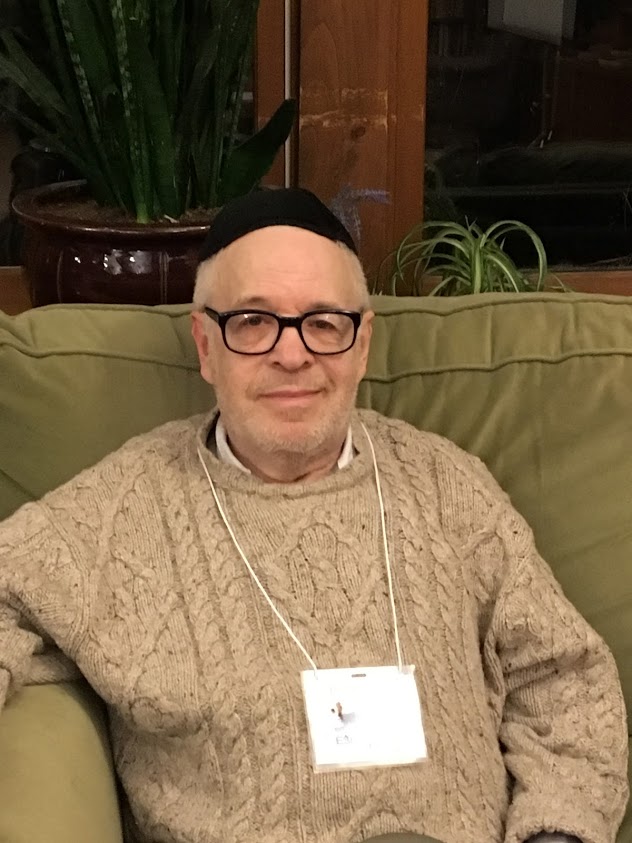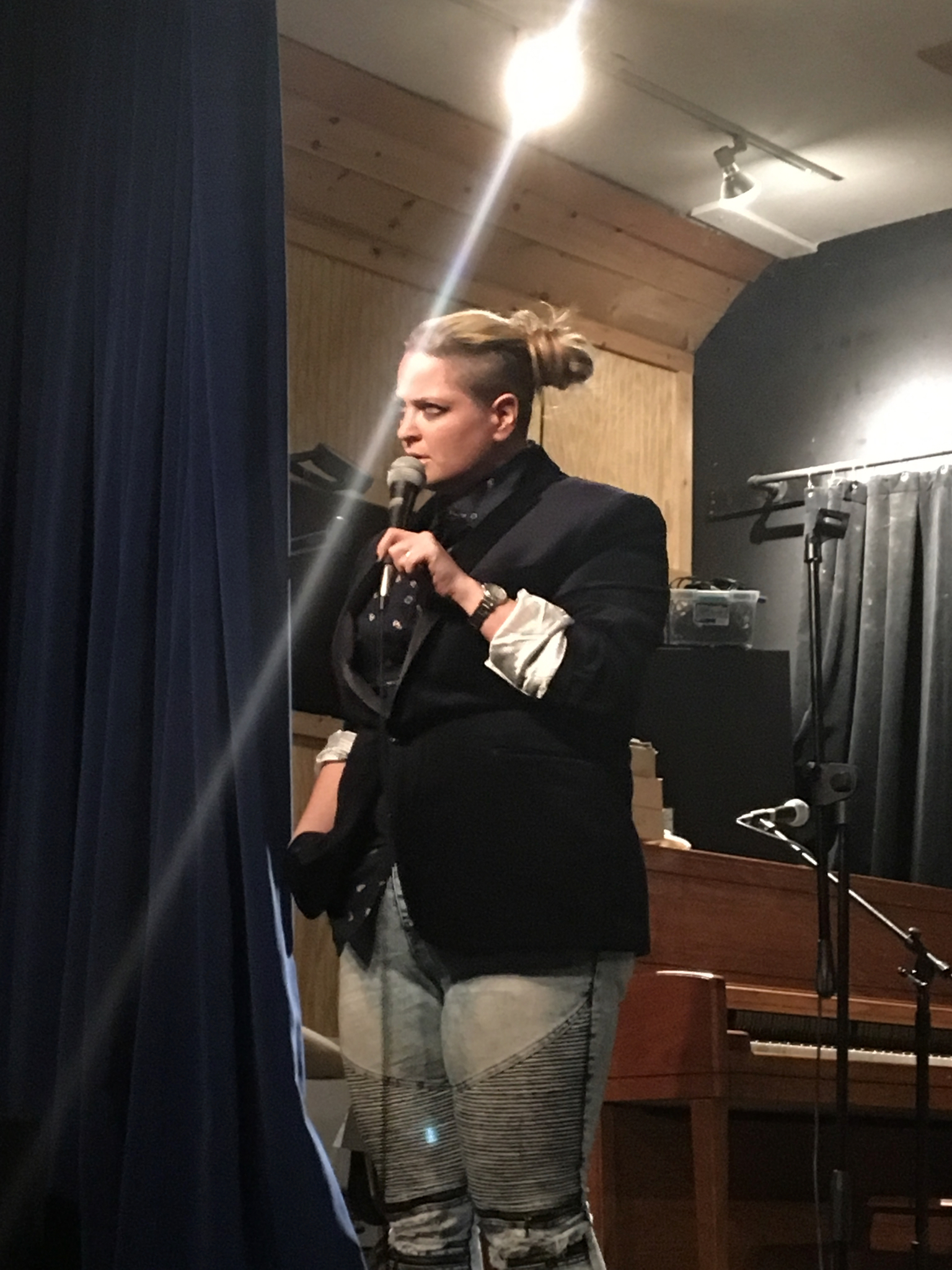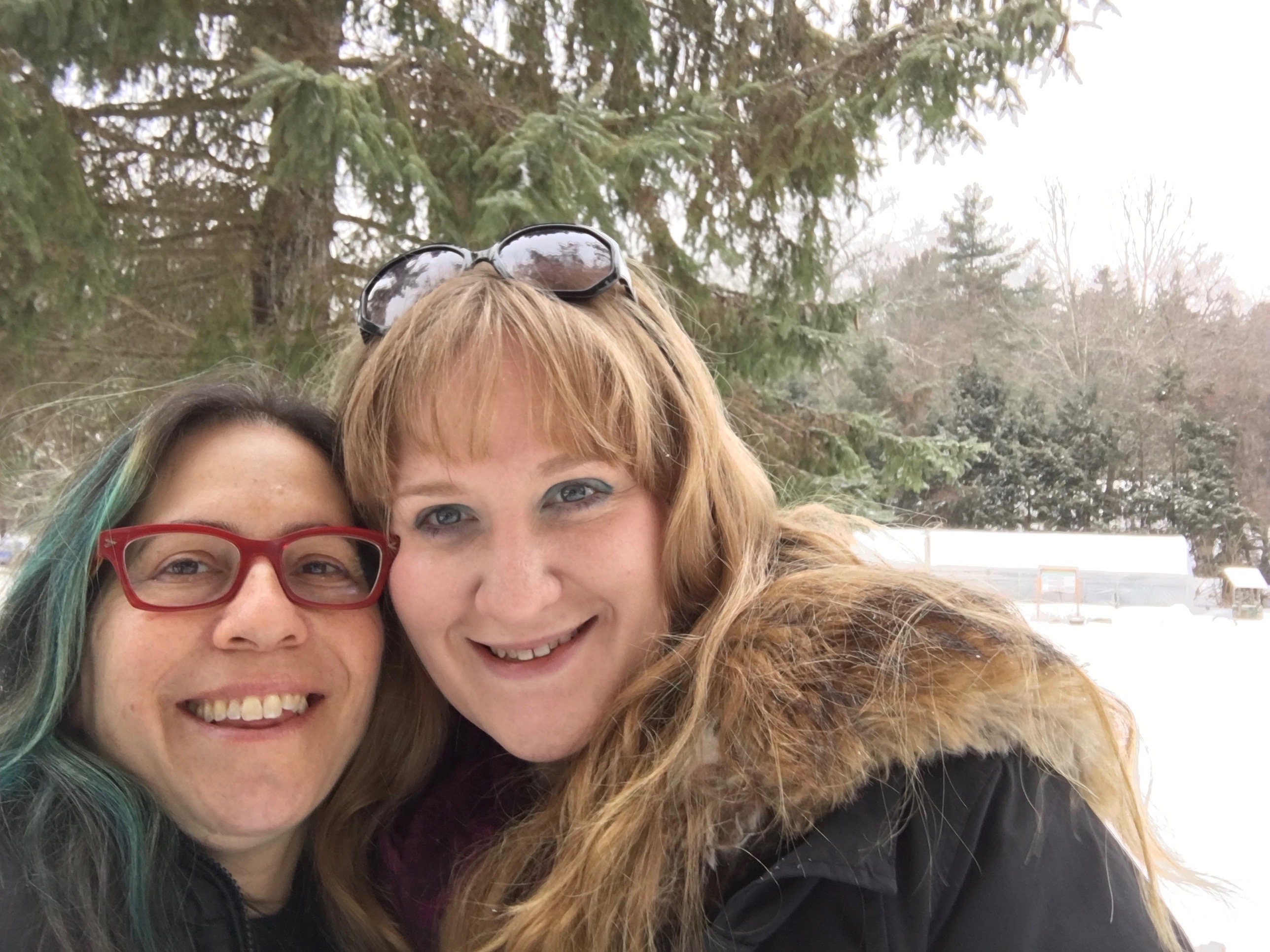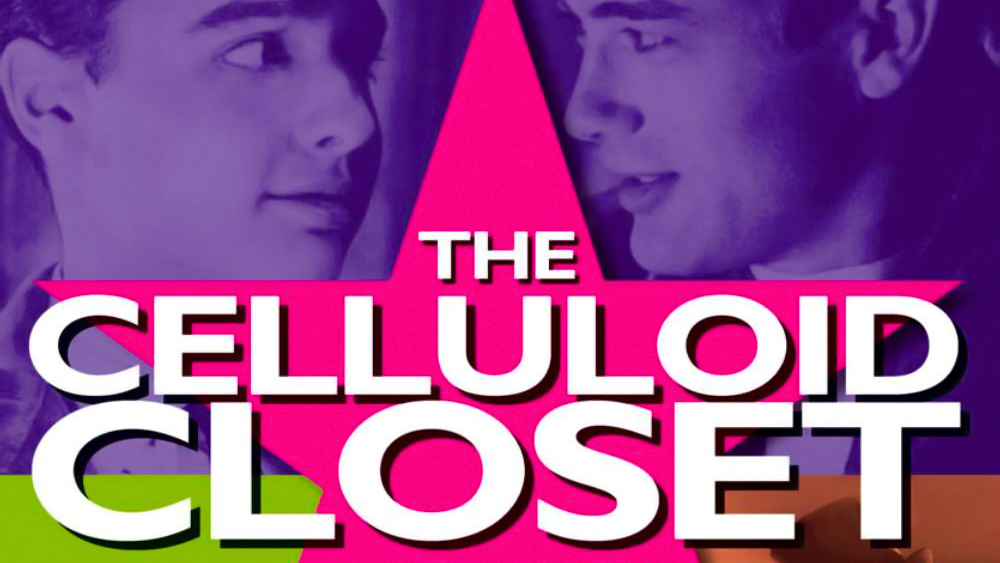Eshel's 10th Anniversary National Retreat
Save the Date
January 17-19, 2020
Whenever I return from the Eshel National Retreat and someone asks me how it was, I always find myself reaching for superlatives: “Incredible!” “Wonderful!” “The best one yet!” Every year the retreat seems to have topped the previous year’s retreat.
This year, the speakers panel on Friday night featured stories from a breathtaking range of LGBTQ people in the Orthodox world, and their stories were overwhelmingly positive. A yeshiva student in Israel galvanized a community of allies and supporters around him when he came out. A frum woman transitioned without losing her home, her marriage, her Orthodox community, or her children’s school-community. An ex-Hasidic woman who left her ultra-Orthodox world got full custody of her children and is raising them Orthodox. A recently- out gay man converted to Judaism and found an Orthodox community with whom he can mourn the losses and celebrate the joys in his life.
I then realized why each year’s retreat feels better than the previous one. It’s because we get better.
We get healthier. We get happier. With every year that we struggle to be included and celebrated within our communities for who we truly are collectively as a community, we get better. There are still many people in our community who are hurting. But even those who are in the depths of sorrow find they leave the retreat with hope for a new beginning.
Our theme Looking Back, Moving Forward helped us reflect on where we are on our journey between past and future. As a collective body we have changed over time, and we are stronger for it. At the closing circle of the National Retreat, I asked participants to choose one word that best describes their experience. The word I heard repeated most was “hope.”
I left the retreat feeling hopeful, because we, like the National Retreat, get better and better every year.
Miryam Kabakov
Executive Director
Eshel’s National Retreat:
A Blast from the Past and a Path Toward the Future
Every year, for the past nine years, over 100 Queer Orthodox Jews gather among the icicles and blowing snow in Connecticut for a weekend of support, renewal and celebration. It is a diverse group of LGBTQ people who all share a love of the Jewish tradition, alongside experiences of marginalization if not demonization in their communities. Some are still in the closet, some have opened the door and others are out, loud and proud. The retreat has created a space where these disparate identites are brought together and embraced. As one participant put it: For some of us this is the only opportunity to step out into the sun and spend at least one shabbos a year in our truth.
And since the two descriptors of “queer” and “Orthodox”, are themselves wildly variable, the mix of perspectives can be dizzying. Queer has included, for example: lesbian Talmud scholars, gay men in long black coats, transwomen and transmen: single, married and divorced, gender-queer grad students in Jewish studies, bi men and women and more. Orthodox has included Hasidic Satmar women with shaved heads and scarves, Bobov men with sidelocks, and Lubavitch rabbis, Yeshiva trained people from the prestigious Black Hat Talmudical Academies, Israeli academies and Yeshiva University, urbane Modern and Open Orthodox Jews and ex-Orthodox Jews who are no longer observant, but still feel very “Orthodox connected.”
Despite the rather boisterous cacaphony of difference, around which tensions do arise, every year a sweet and loving open-heartedness descends when the Shabbat is welcomed in prayer and song. The retreat center chapel is flanked on both sides with windows looking over snow covered trees on one side and a frozen lake on the other. The warm and calmly jubilant music of Kabbalat Shabbat, always leads to an uncommon sense of embrace that washes over everyone and brings tears to the eyes of many. One attendee wrote that he was moved by the Friday night singing…“feeling a part a community” in a way he hadn’t in a long time. Another commented that the prayer service was an island of connection, “in a lonely world.”
Among the traditions of this gathering is a Friday evening panel where four stories are told. This year a Chasidic mother shared the story of regaining custody of her children, taken from her when she came out. A semi-closeted yeshiva student from Israel shared how his calm dignity brought 80 of the yeshiva’s students to write a letter to the administration asking for more openness. An Orthodox trans woman shared how with patience and humility she has found a home in an Orthodox community and an Italian gay man found Judaism when his lover died in his arms and an Orthodox rabbi helped him to heal. It is a highlight every year that underscores the resilience, faith, courage, grit and wisdom of this remarkable community.
The weekend sessions are typically woven together by a common theme. The retreat this year, Looking Back-Moving Forward, invited participants to meet the ancestors of our present queerness in the form of unknown or forgotten figures from the 2000 year span of Jewish history. Attendees got an early peek at an exciting new book of queer Jewish historical texts, A Rainbow Thread, by Noam Sienna. A number of sessions were dedicated to historical recovery like Mystics, Poets, Lawyers and Lovers, Gender transformation in the Talmud, Gay Marriage in Jewish legal Texts, and Meeting our Sissy and Butch Ancestors.
And there were “forward-moving” sessions on topics such as Queering Contemporary Orthodoxy and Engendering More Inclusive Yeshiva High Schools. A new initiative was launched during the weekend to help queer Jews find each other for friendship, community and love. It will include social events in cities across the country tied to a new religiously sensitive matchmaking website. The initiative is an exciting collaboration with website developer Joanna Halpern, who invited attendees at the retreat to test the website and provide feedback.
To celebrate queer memory, on Saturday night we screened The Celluloid Closet, a documentary on the 100 years of cinematic representation of gay people. Most exciting, the movie’s producer, Howard Zvi Rosenman, gave us all the inside scoup on the film’s creation. Mr. Rosenman joined us for Shabbat, shared stories of his life from his childhood in Brooklyn, his service as a medic in the six-day war, the unification of Jerusalem and his career in Hollywood making 42 films.
But beyond the shared stories, the music, the learning and fun, people come away with a sense of hope for the future. Discovering that others are struggling to find ways to marry their religious sensibilities with their queer realities is enlivening. It begins with a new sense of community. “It was so beautiful to be able to feel like I belong…I’m a different person for having been there this weekend, and I’m forever changed.” One person shared that attending the retreat carried him from from feeling stuck and resigned to feeling empowered and hopeful. Summing up her experience, one Eshel member shared that the effects of the “retreat will last her lifetime, but added that it was her conviction “its inspiration and encouragement…literally save lives.”
Rabbi Steve Greenberg
Founding Director
Retreat Highlights
What Participants are Saying about the National Retreat
Thank you so much for giving me the opportunity to experience the magic of a Shabbos surrounded by Jewish queers. I have never been to a Shabbaton before, and was super nervous about not feeling like I fit in. But within an hour of getting there I met someone who was so welcoming and warm, and made sure I was comfortable. I laughed so much this past weekend, and got to know so many amazing strong people. People who’d I’d never usually get to meet. There is something magical about being around other Jewish queers,there’s power in identification, and it was so beautiful to be able to feel like I belong. Thank you so much for giving me the chance to expand my community of friends, and support. I’m a different person for having been there this weekend, and I’m forever changed. Thank you so much! Looking forward to next year’s retreat!!
I’ve been struggling with my sexuality and how to integrate it with my Judaism for some time now. I’ve never before had the opportunity to deal with that question in the extent that I was able to over this Shabbaton. It is only because of your assistance that I was able to make this process finally begin.
I loved davening in a more Orthodox manner with a crowd I felt completely comfortable with and where sexuality was not an issue at all – getting out of my comfort zone and meeting people – the first session of the smaller group (Friday night) – sharing amazing food with new potential friends at every meal. AMAZING food – watching Howard Rosenman’s personal transformation as he lightened up and was clearly touched, by Sunday – WOW. – the break out sessions, especially the Intergenerational discussion, led by Shlomo A. – and, the dance. SO much fun and good bonding…
I really enjoyed the Friday night singing of the Sholom Aleichem, and the feeling of community of everyone singing and eating together on Shabbos. I felt a part of in a way I haven’t in a long time. I also really appreciated the small Chaburah Groups where we all got a chance to process what we were feeling in safe space. But the dance party on Saturday Night definitely takes the cake, that was the most fun I’ve had in a VERY long time!!!
And a Host of “Queer” Ancestors Attended!
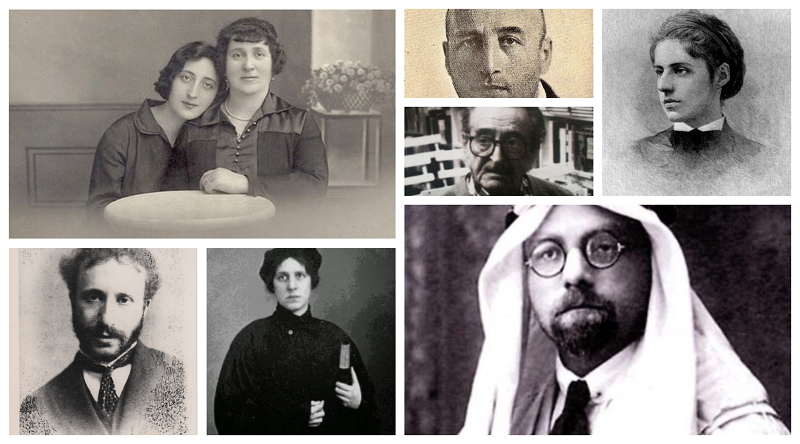
At the Eshel’s 9th National Retreat, we looked back down the corridor of time at a host of queer ancestors,
including but not limited to the following historical figures:
Rabbi Yochanan
The proud and girly 3rd-century rabbi
Shmuel HaNigid
The medieval bisexual soldier-poet
Kalonymus
The medieval man of letters who longed to be a woman
The Maiden of Ludmir
Learned pious female “rebbe” who rejected husbands
Shalom Shabazi
The queer 17th-century Yeminite poet
Click on the tabs for more!
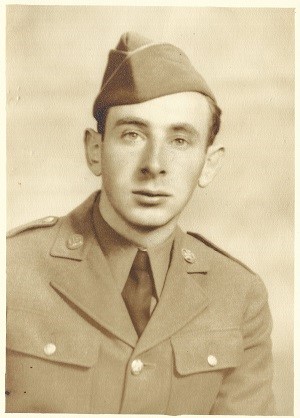 Allen Bernstein (1913-2008)
Allen Bernstein (1913-2008)
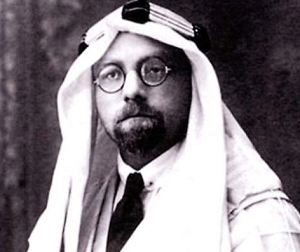 Jacob Israël De Haan (1881-1924)
Jacob Israël De Haan (1881-1924)
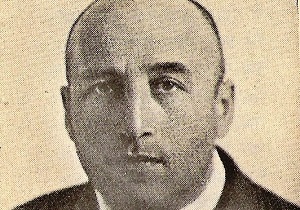 Jiri Langer (1894 – 1943)
Jiri Langer (1894 – 1943)
 Emma Lazarus (1849-1887)
Emma Lazarus (1849-1887)
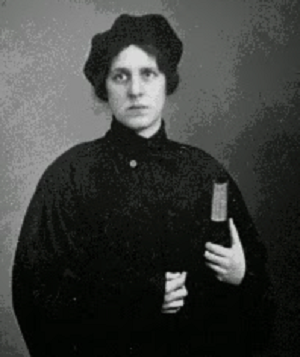 The Ludmirer Moid (1806–1888)
The Ludmirer Moid (1806–1888)
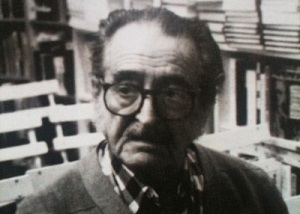 Édouard Roditi (1910-1992)
Édouard Roditi (1910-1992)
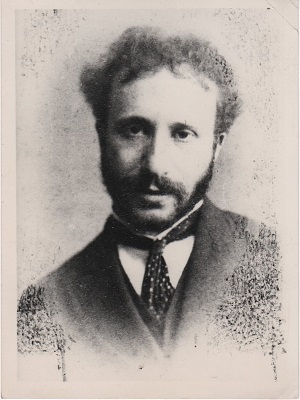 Simeon Solomon (1840 – 1905)
Simeon Solomon (1840 – 1905)
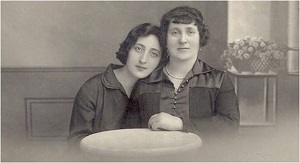 Chava Zlochower (1891-1943)
Chava Zlochower (1891-1943)
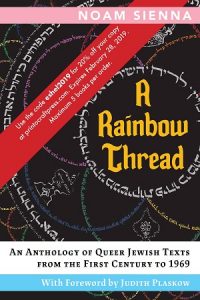 In his session on queer history, Rabbi Steve Greenberg read numerous startling texts from the new book A Rainbow Thread, by Noam Sienna.
In his session on queer history, Rabbi Steve Greenberg read numerous startling texts from the new book A Rainbow Thread, by Noam Sienna.
The author has graciously offered a 20% discount to us all! Use the code Eshel2019 for a 20% discount off your copy at printocraftpress.com. Offer expires February 28, 2019. Maxmium 5 books per order.

